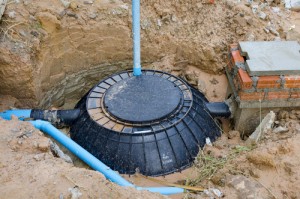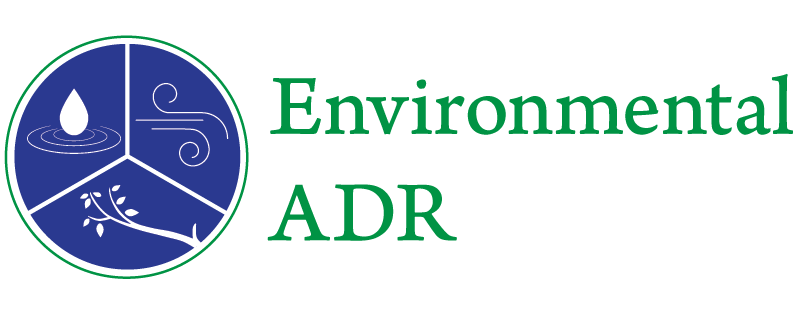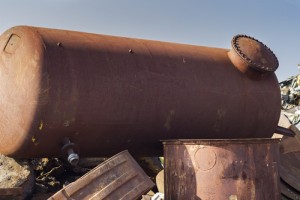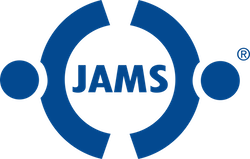
A recent exposé broadcast on New Jersey public television revealed there may be as many 100,000 unaddressed and leaking underground storage tanks in New Jersey. Many of the tanks contain hazardous materials including petroleum products such as heating oil and gasoline, PCE-used by dry cleaners over many years to clean our clothes-and volatile organic compounds (VOCs), such as “degreasers,” used in many manufacturing businesses. If not contained, these chemicals, which are potentially hazardous to human health and the environment, can threaten the groundwater we drink and use to irrigate our crops.
Many of these tanks have remained in place for decades-either forgotten, because historical users have moved on, or ignored because our current legal and administrative system lacks the resources to investigate and require necessary remedial action at all sites. Cases involving multiple parties and adjoining properties are at the mercy of the judicial and administrative procedural inefficiencies identified above and the “business-as-usual” attitude of the legal professionals handling them. So resolution-and cleanup-are delayed while the contamination at issue continues to migrate or volatize, thereby risking harm to people and the environment.
Mediation provides a way to cut through this backlog. Environmental mediation as an alternative or adjunct to traditional federal or state court litigation has proven to be enormously successful. Unlike immutable judicial rules, mediation procedures and outcomes are not limited to any one statutory scheme-or to any pre-determined set of remedies. Mediation has fewer technical and tactical delays than traditional litigation because its progress is driven entirely by the parties themselves. The federal Environmental Protection Agency, Department of Justice, and their counterpart state environmental agencies, attorneys general and environmental project managers, can join in the mediated discussions even if they are not formally parties to the case. In my experience, the sooner the agencies are involved, the sooner the courts require mediation of cases that will benefit from its use, the faster the case can be resolved to the satisfaction of the parties and the agencies. Streamlining the dispute resolution process can provide a correspondingly huge savings of time and money. And the money that is spent “in process” is focused on resolution and cleanup. [Read more…]

 New Jersey Public Television (NJTV) recently completed a broadcast of a three-part expose on the dangers and difficulties stemming from as many as 100,000 underground storage tanks that remain in the ground throughout the state. In very stark terms the NJTV report warns that some of the sites are “nightmares” and “environmental ticking time bombs”, posing an immediate threat of contamination from seepage into ground water and basements in heavily populated areas.
New Jersey Public Television (NJTV) recently completed a broadcast of a three-part expose on the dangers and difficulties stemming from as many as 100,000 underground storage tanks that remain in the ground throughout the state. In very stark terms the NJTV report warns that some of the sites are “nightmares” and “environmental ticking time bombs”, posing an immediate threat of contamination from seepage into ground water and basements in heavily populated areas.
